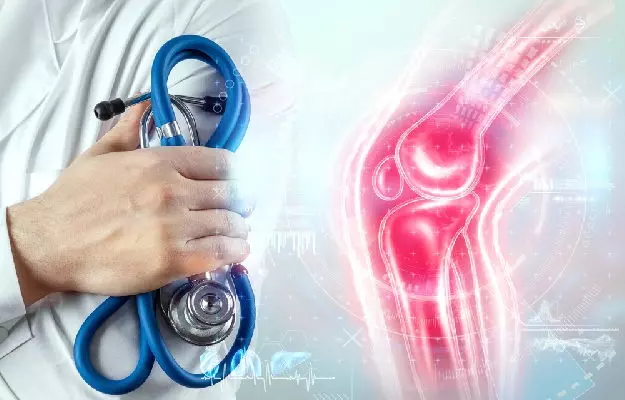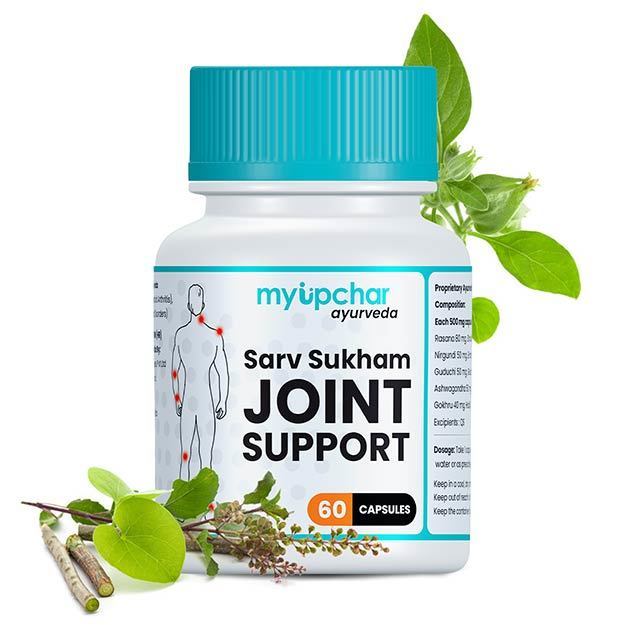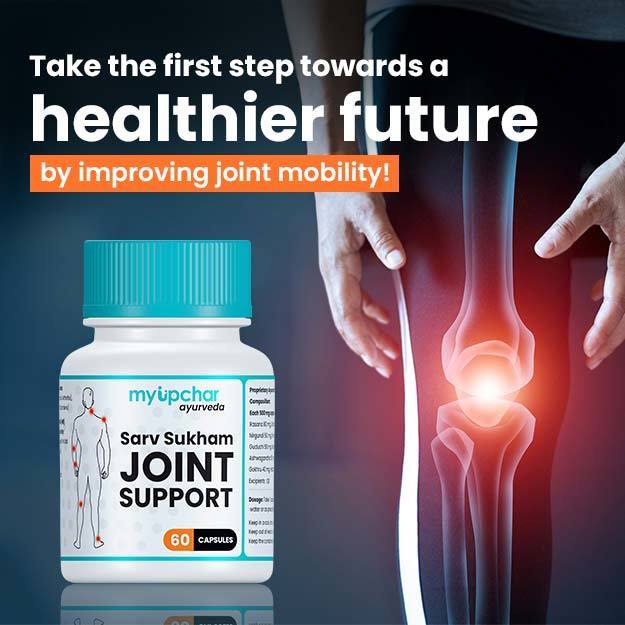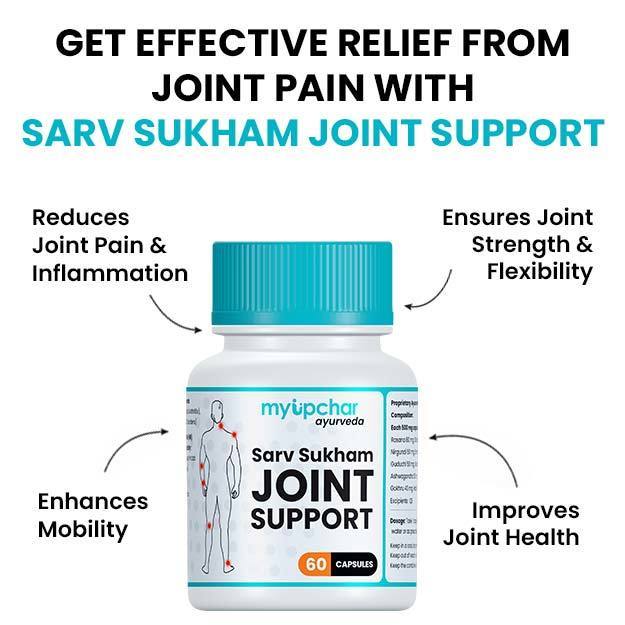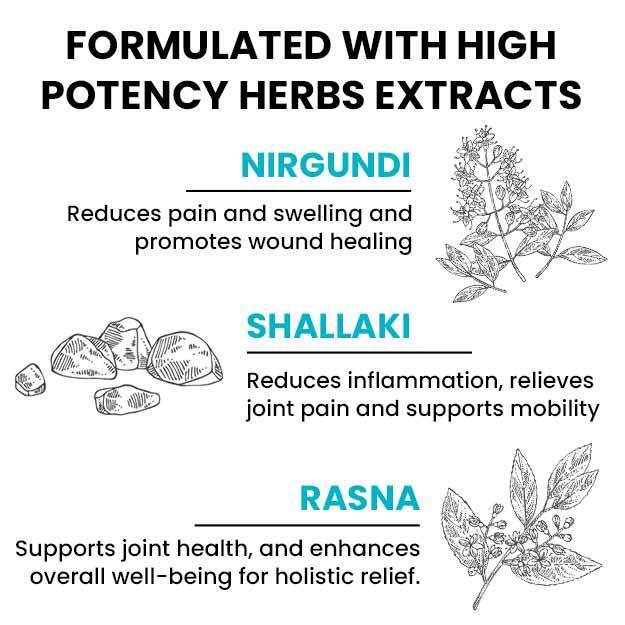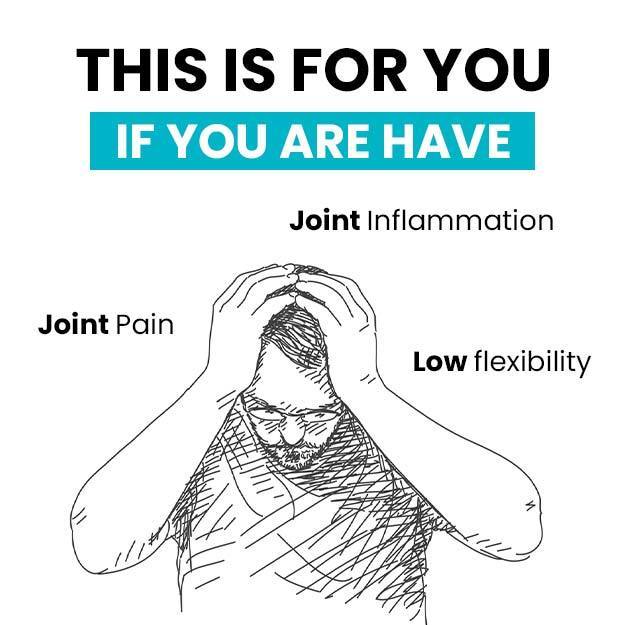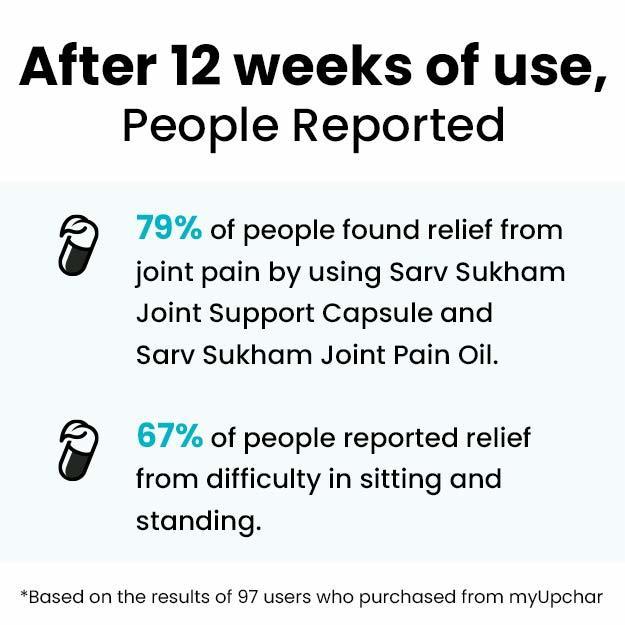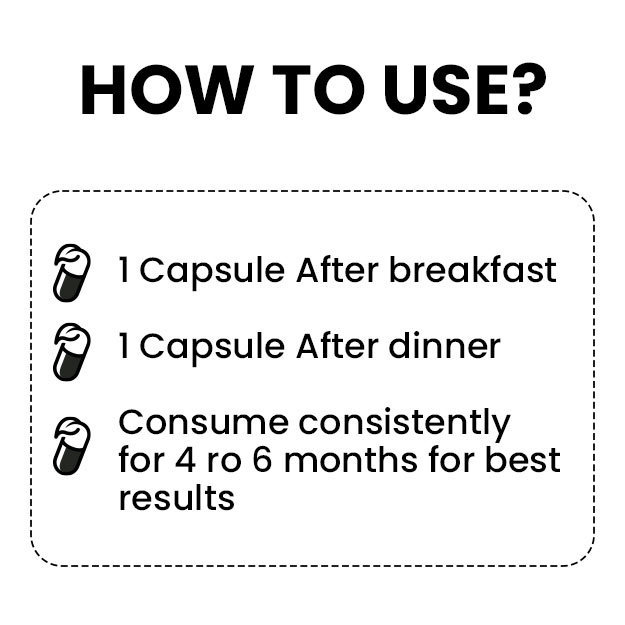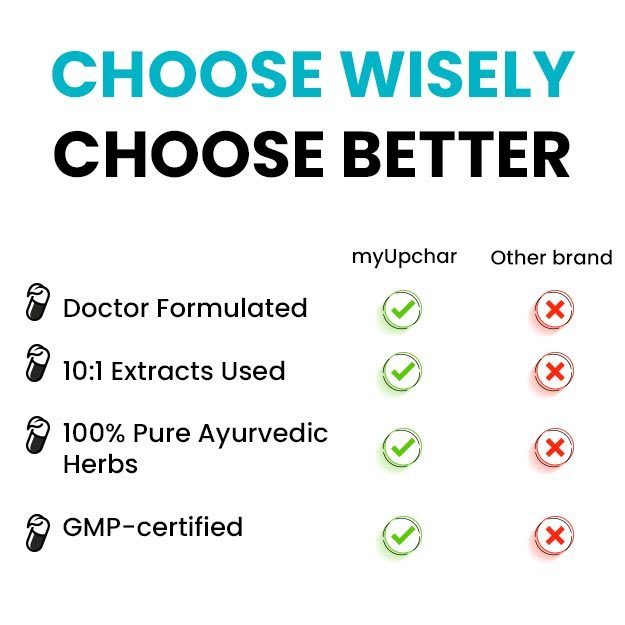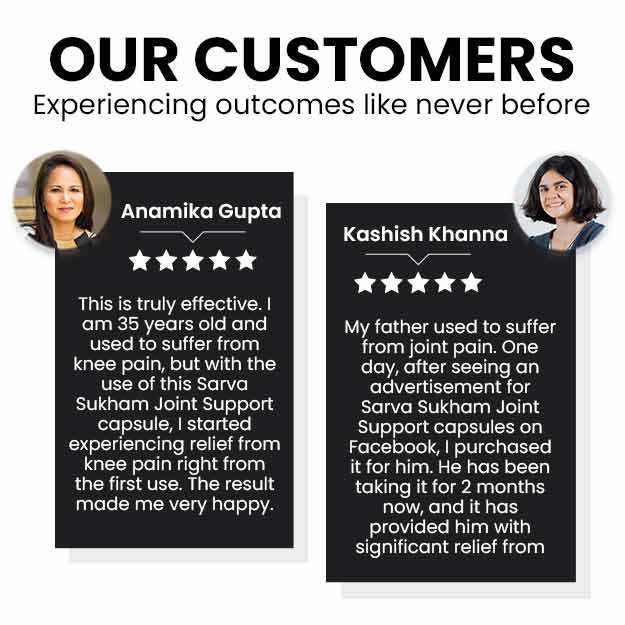Maintaining good bone health is easier than we think. Just wondering how diet, physical activity and other lifestyle factors are important for bone health? Bones play many roles in the body – such as providing structure to the body, protecting organs, supporting muscles, and storing calcium. Although it is best to maintain healthy and strong bones during childhood and adolescence, you can take steps to protect bone health throughout adulthood as well.
Read more - (Osteoporosis diet)

